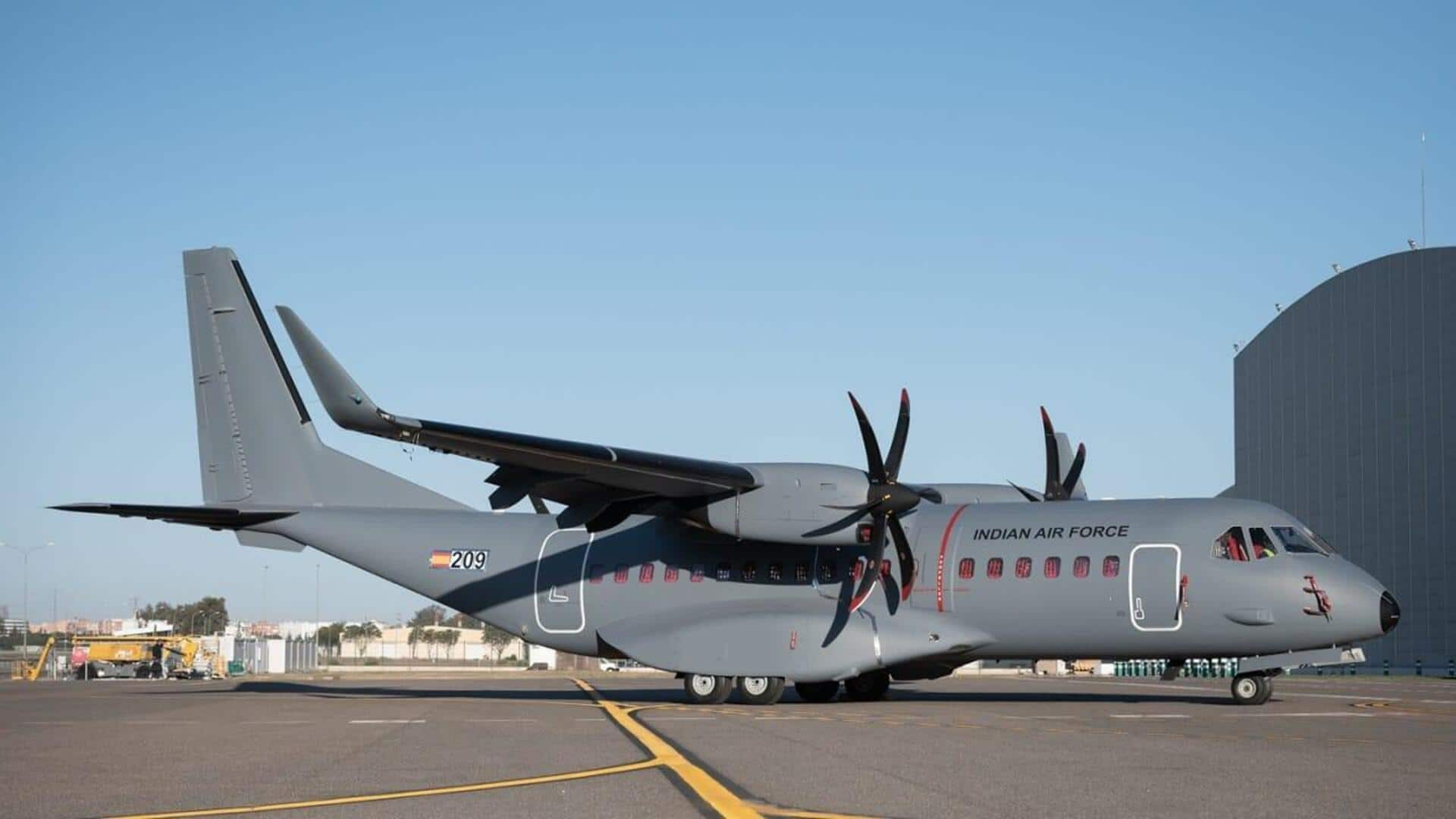SOURCE: AFI


India’s aerospace sector has reached a significant milestone with the inauguration of the Tata Aircraft Complex in Vadodara, Gujarat, by Prime Ministers Narendra Modi and Pedro Sánchez. This facility, dedicated to manufacturing C-295 tactical transport aircraft, represents a transformative step for the Indian Air Force (IAF) and the domestic aerospace industry. The project is part of a ?21,000 crore ($2.53 billion) agreement between the Indian Ministry of Defence and Airbus Defence and Space, Spain, aimed at replacing the aging Avro fleet in the IAF.
Under this deal, 57 C-295s will be supplied to the IAF, with 16 aircraft manufactured in Spain and the remaining 40 produced in India. The first Indian-assembled C-295 is expected by September 2026, with the complete fleet delivery by 2031. This factory not only enhances India’s defense production capabilities but also aims to position itself as an export hub for the C-295, should Airbus secure further international orders.
The C-295 is a highly versatile tactical transport aircraft known for its ability to operate on short and unpaved runways while carrying significant payloads. Its adaptability allows it to perform a wide range of missions, including cargo transport, search and rescue, command and control, and medical evacuation. This modular design enables operators to customize the aircraft with sensors and mission-critical components, making it a reliable asset for varied operational demands.
Designed for efficiency, the C-295 offers low operational costs and maintenance-friendly features, ensuring high mission readiness. Its reliability is exemplified by its impressive 95% availability rate, meaning 52–54 out of the 57 aircraft fleet will typically be operational at any given time.
The C-295 has demonstrated its capabilities in diverse environments, including Chad, Libya, and Afghanistan, operating effectively in challenging and hostile conditions. Equipped with advanced protection systems and modern military turboprop technology, the aircraft is adept at rapid troop deployment, cargo transport, and even aerial refueling. For instance, the Spanish Air Force used two C-295s extensively over 11 months for the EUFOR mission in Chad, with each aircraft logging 1,760 flight hours.
The establishment of the C-295 factory in India signals a broader ambition to boost domestic aerospace manufacturing and reduce dependency on foreign imports. By integrating cutting-edge technology and local assembly, the initiative supports the “Make in India” vision while strengthening India’s strategic autonomy. Furthermore, with the potential for exports, this facility could transform India into a key player in the global aerospace market.